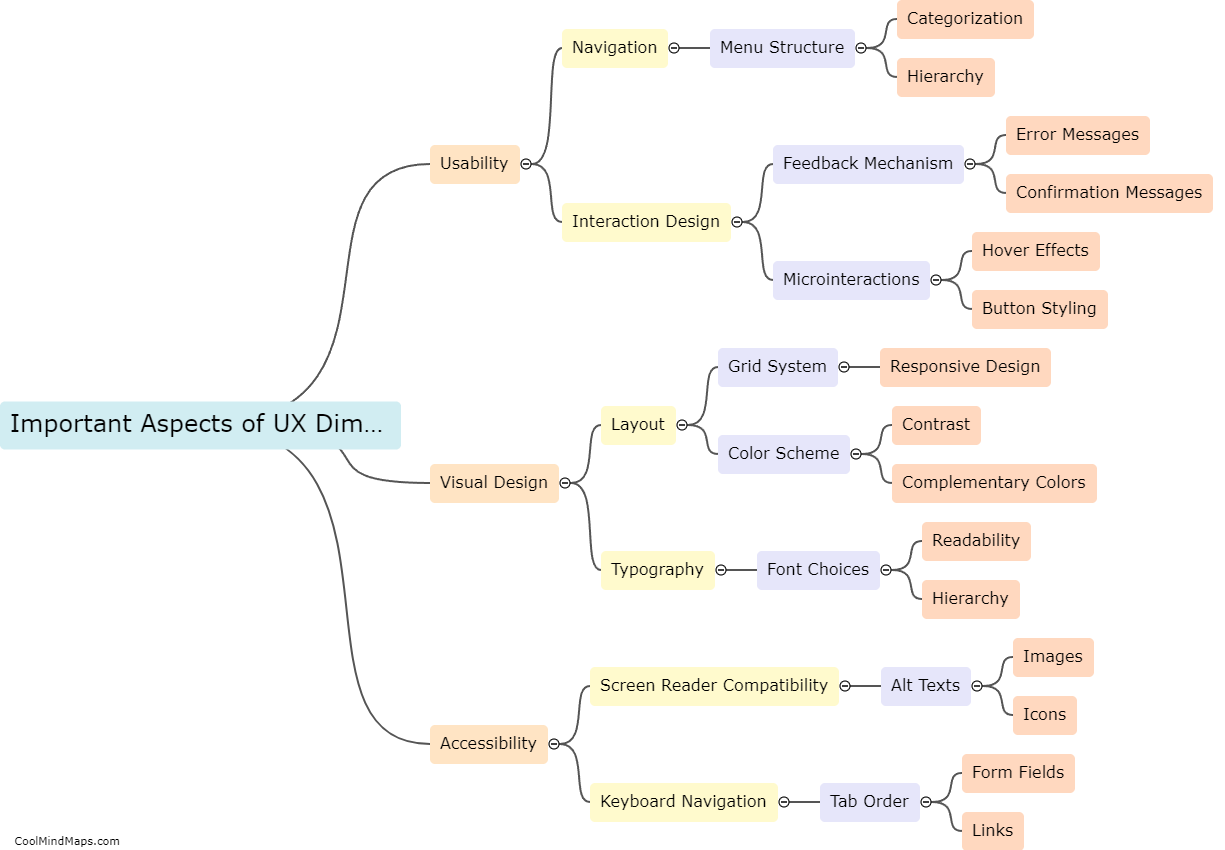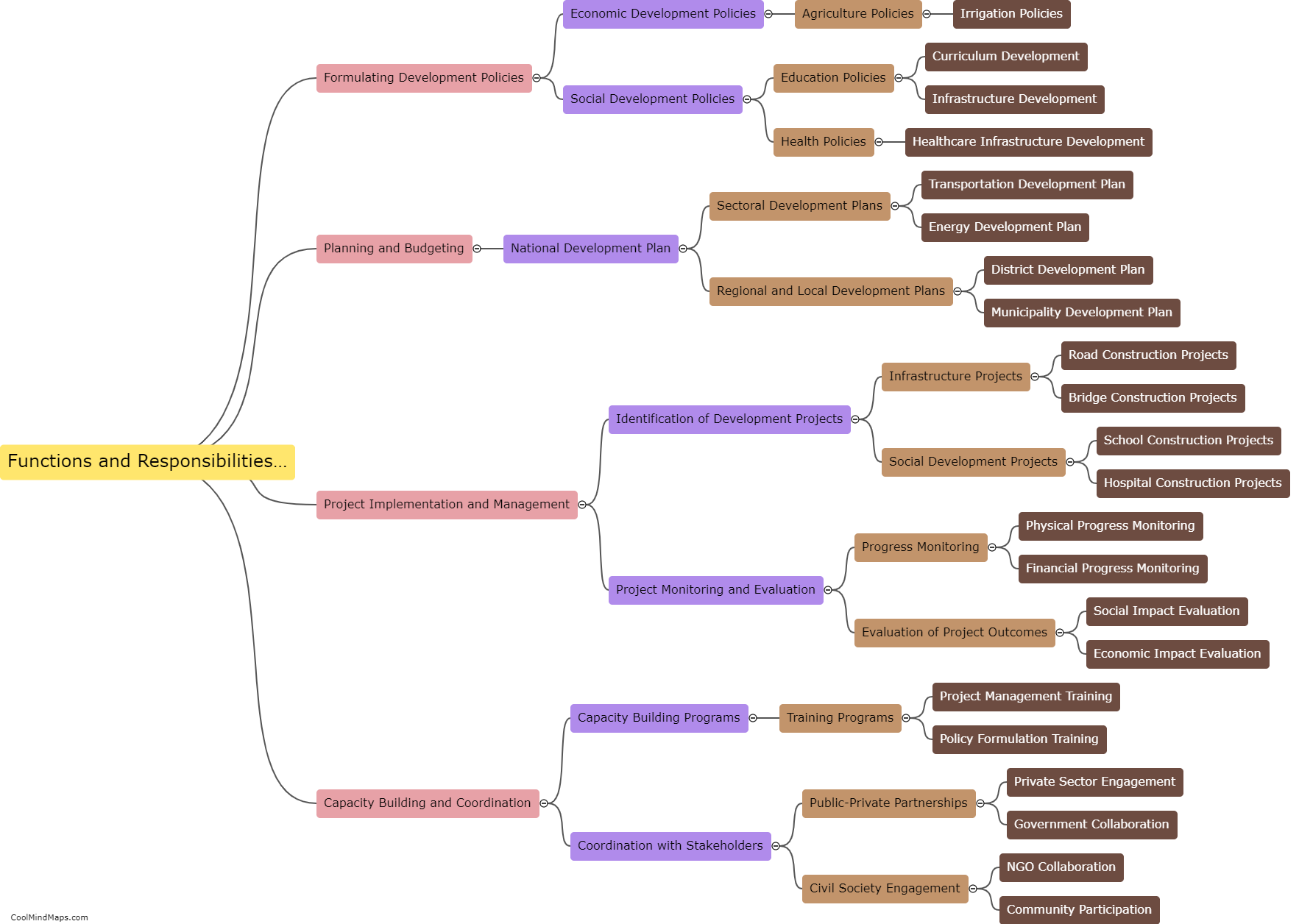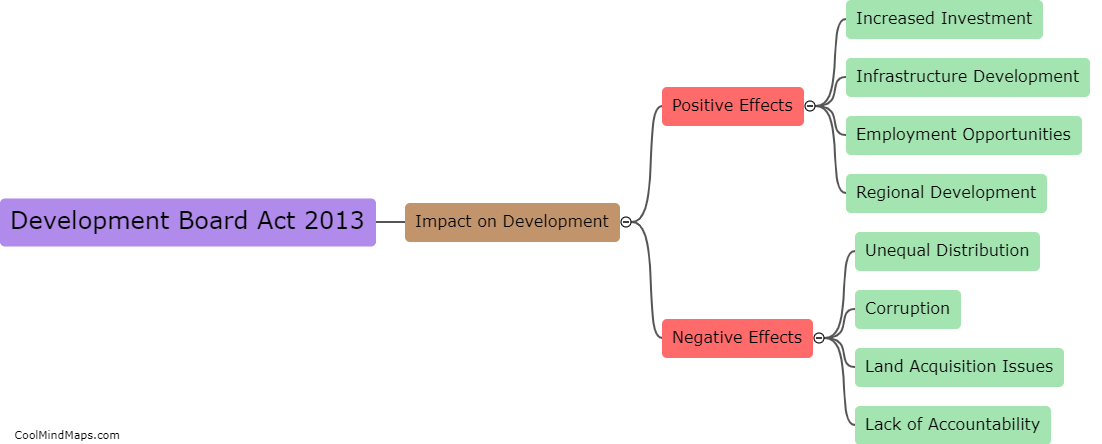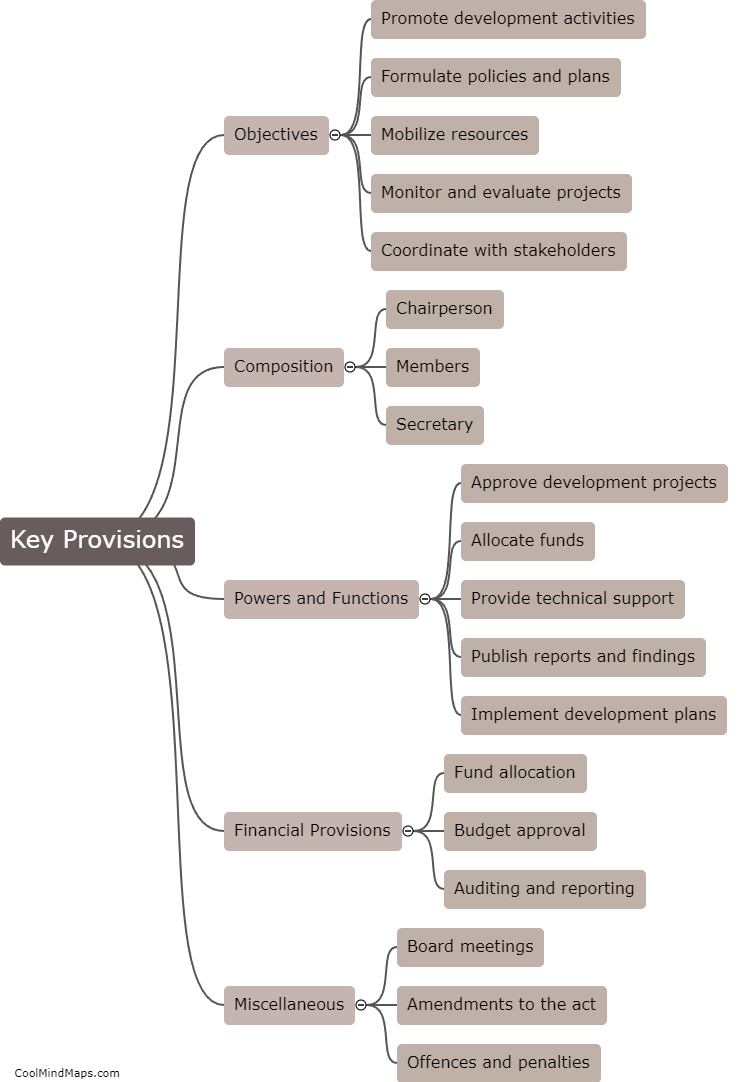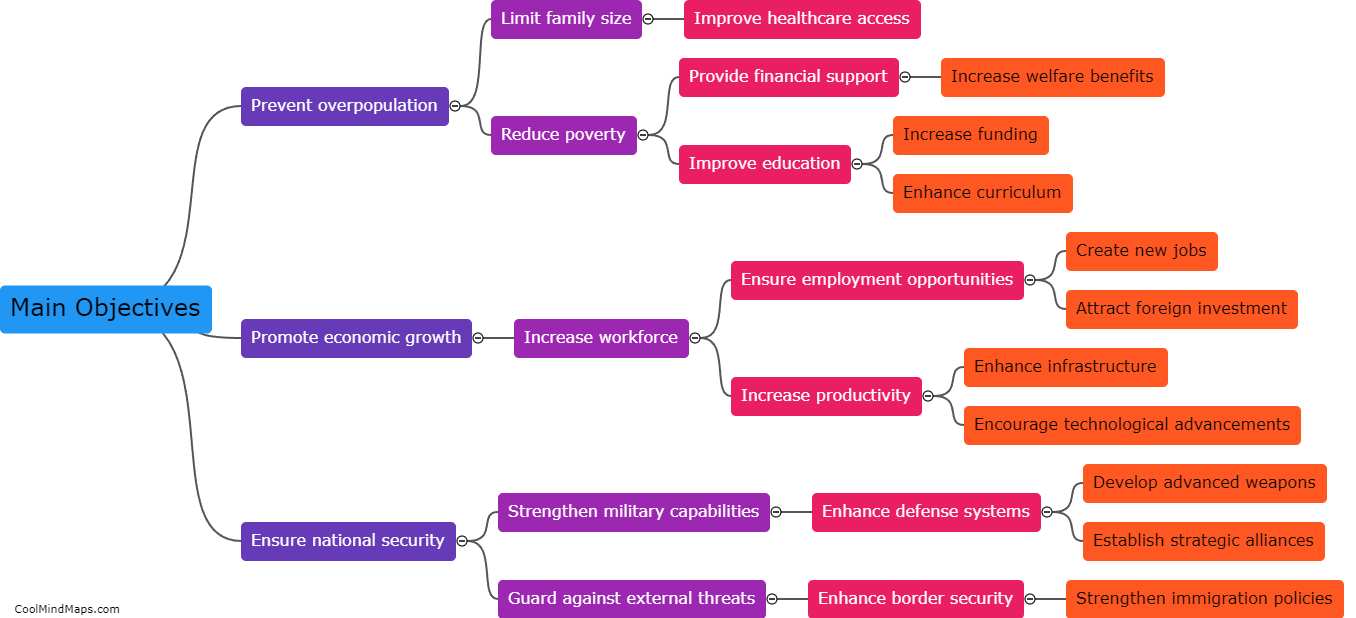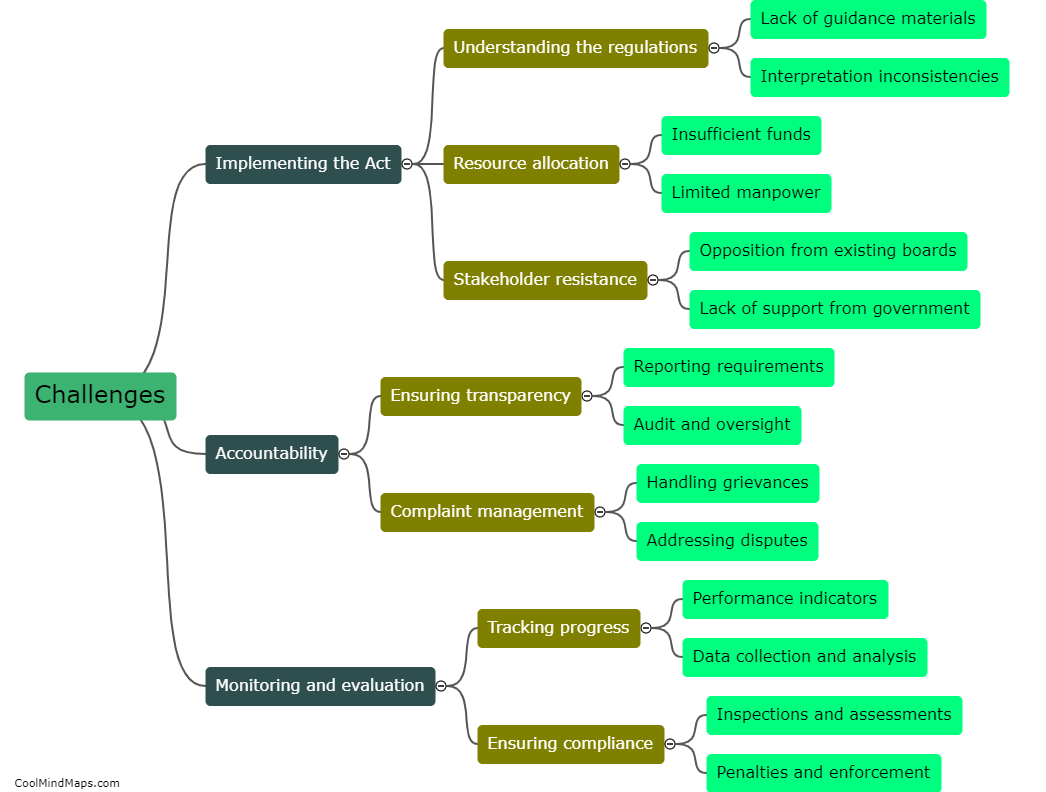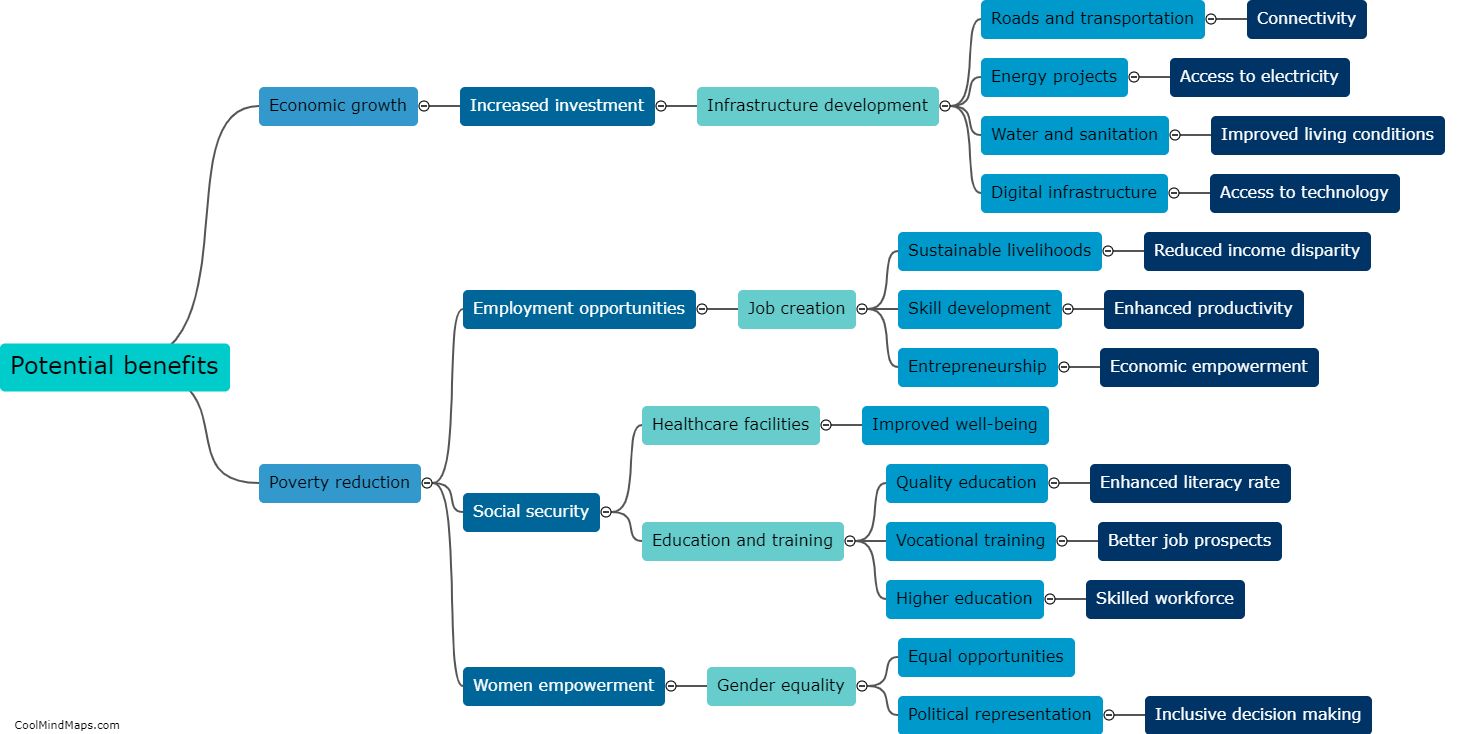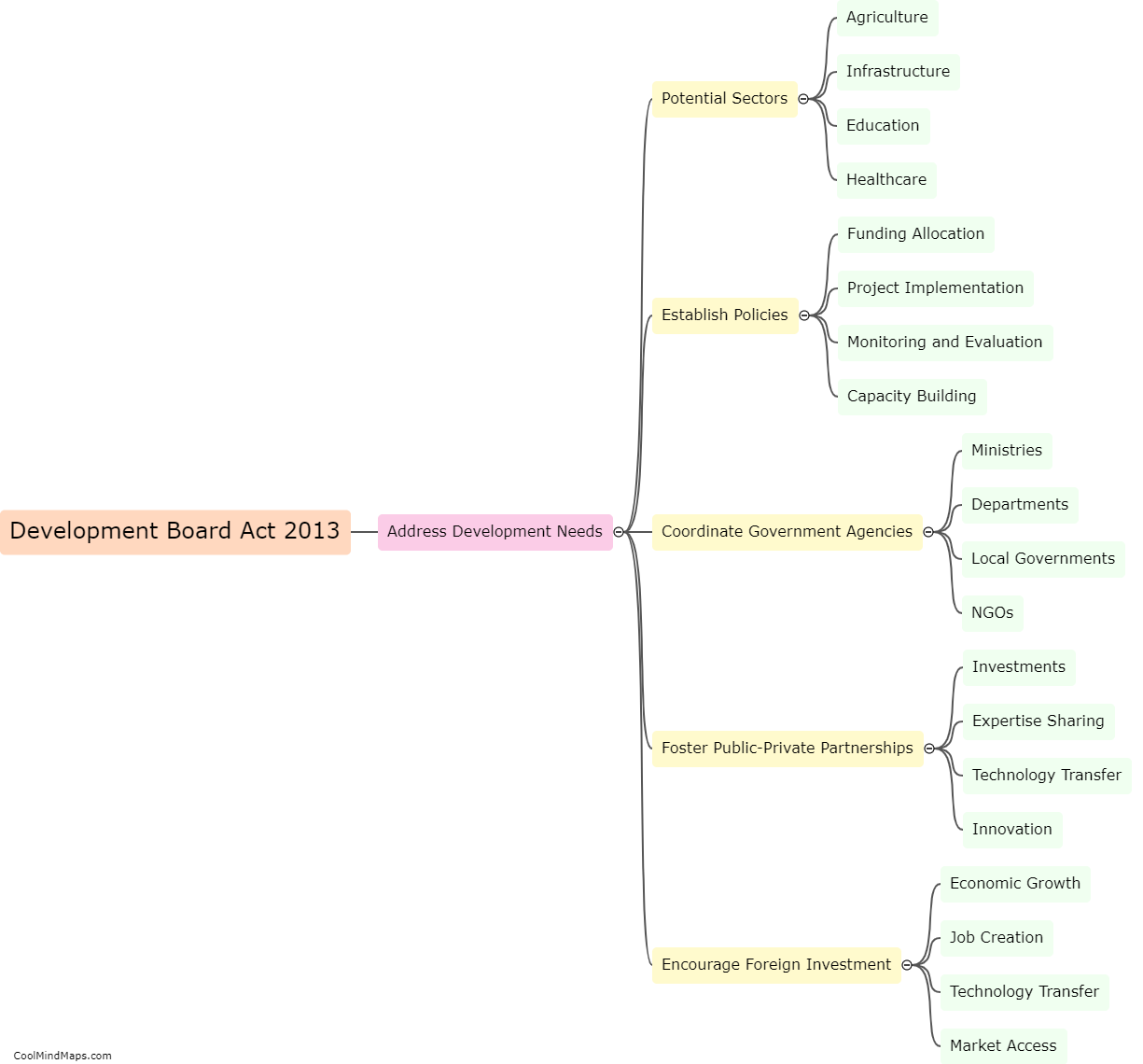What were the major challenges in implementing the reforms?
Implementing reforms can be a complex and challenging endeavor due to various reasons. One major challenge is the resistance from vested interests and established power structures that may be resistant to change. These interests may have benefited from the existing system and could perceive reforms as a threat to their positions or privileges. Additionally, limited resources and funding can pose a significant obstacle to implementation, as reforms often require substantial investments. Ensuring sustainability and continuity of the reforms beyond short-term gains can also be a challenge, especially if there is a lack of political will or commitment from key stakeholders. Moreover, navigating through bureaucratic hurdles and bureaucratic inertia can impede effective implementation and hinder necessary changes. Lastly, garnering public support and overcoming societal resistance can be another significant challenge, as reforms may require individuals to change their behaviors or adapt to new systems. Overall, addressing these major challenges is crucial to achieving successful and lasting reforms.
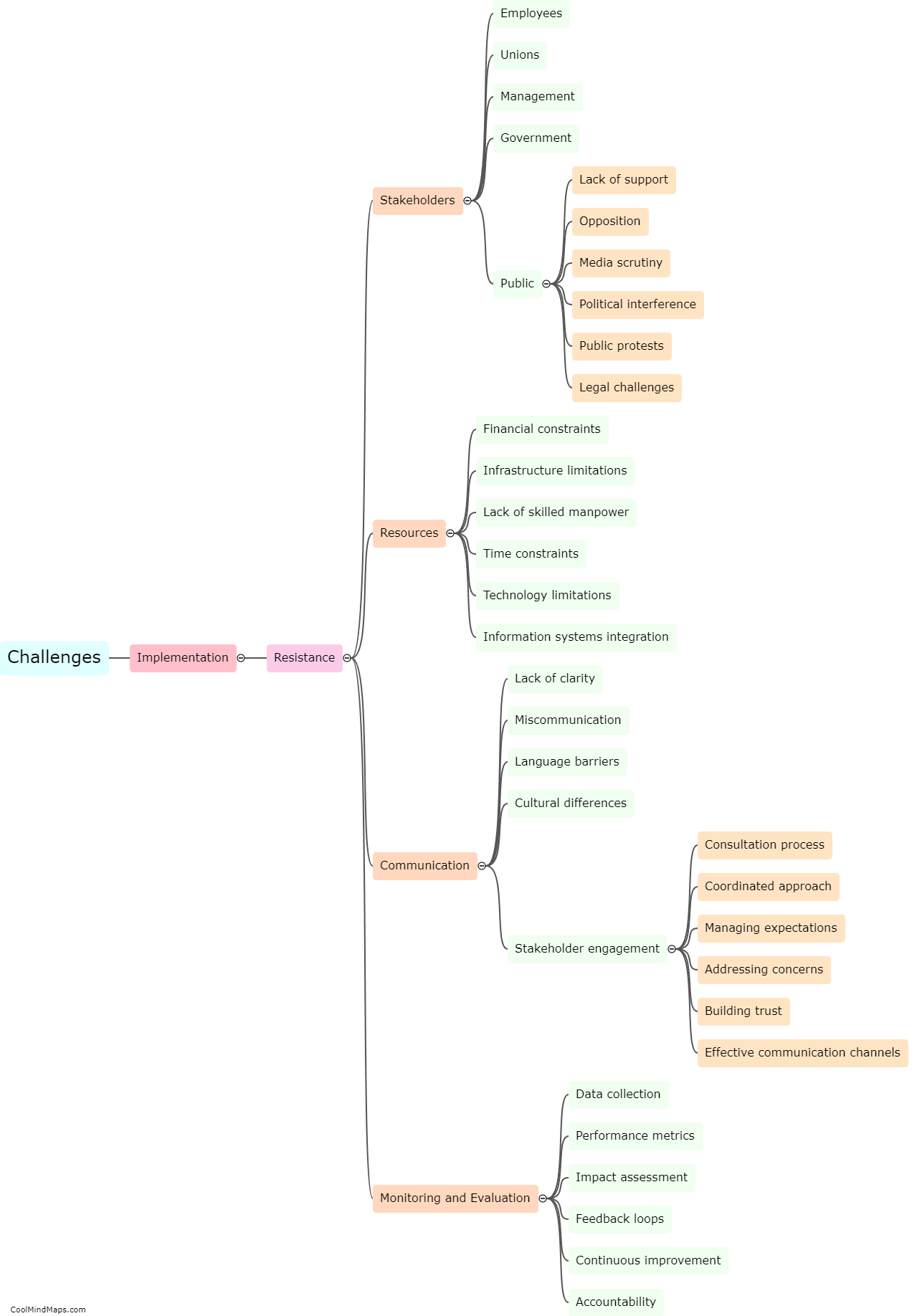
This mind map was published on 28 November 2023 and has been viewed 96 times.
